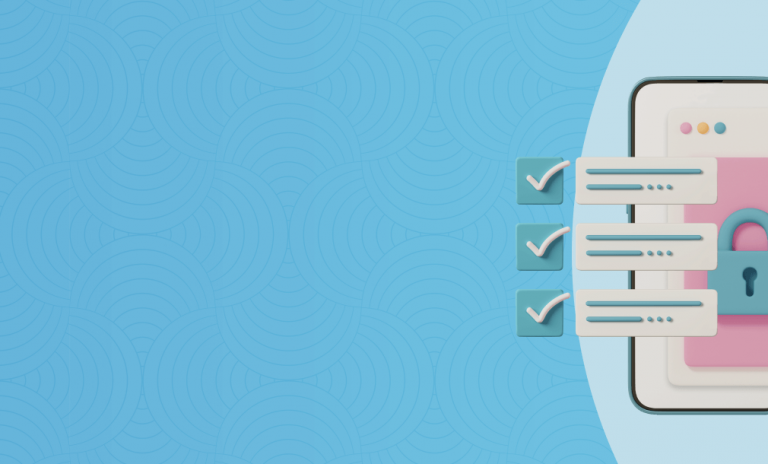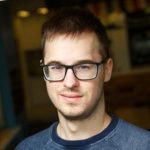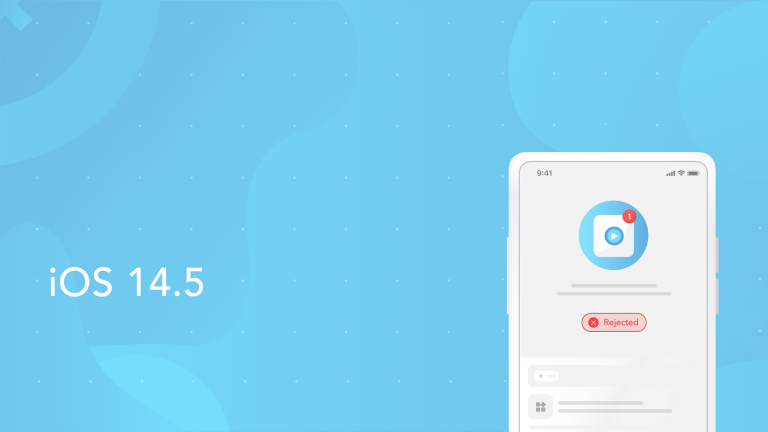
Chris Farm
Сентябрь 22, 2020
MMPs (Mobile Measurement Partners) should abandon the current pricing standard of charging per attributed installs and find a better way to serve their clients. That became evident after Apple has announced that they will be effectively deprecating IDFA during this year’s WWDC. Attribution providers won’t be able to tie a user to an install anymore deterministically – therefore we believe paying for an install does not make sense, either.
This new paradigm requires new infrastructure, new models for measurement, and sunsetting attributed installs based pricing is the first step of many towards this new future.
Attributed installs pricing creates systematic disadvantages for Indies and keeps many hyper-casuals from global scale
Charging clients by advertising install volume has been a standard pricing practice for attribution providers since the beginning. In our view, this standard has put significant prohibitive costs on Indie developers and up-and-upcoming developers to scale their app businesses.
When an Indie developer signed up with an attribution provider, they were often either forced into a trial with a small number of installs on their “account” or an annual contract. The associated restrictive costs were too high for smaller publishers. Paying a $1k monthly fee for a year is a significant cost and being priced at 0.05 USD per install makes many app businesses impossible. 
Simultaneously, with the rise of hyper-casual around 2017 and the subsequent massive increase in install volume, the industry has seen MMPs who charge per install drop their price per attributed install to satisfy the lower LTV economics for hyper-casuals. This pricing model created a rift between large app developers and hyper-casual developers. As hyper-casuals get a lower price per install, a lot of large app developers are left asking why they don’t get the same price. Today, a relatively successful hyper-casual studio that is at the scale of 1 million advertising installs per month are paying half a cent for attributing an install.
This means that today we live in a world where Indies are often charged 10x what more established developers are while larger developers are simultaneously getting overcharged by their providers compared to their hyper-casual counterparts.
When looking at the CPIs, pricing based on attributed installs also does not make sense for hyper-casual.
Median CPI per platform for hyper-casual games in H1 2020
Source: Hyper-Casual Benchmark Report H1 2020
Bear in mind that the majority of the installs are traditionally coming from the country with the most expensive CPI – the USA. What if a publisher needs to explore Tier 2 or Tier 3 countries, they will be users at a much lower rate. Pricing based on the attribution installs creates extreme bias when hyper-casual games expand globally. For Android, it might mean paying half of the acquisition costs for attribution which makes the business model unsustainable.
Attribution has been a commodity tool only valuable when linked to other tools
For a long time, we have seen these install prices drop as confirmation of our view that even before the iOS 14 changes attribution is a commodity and a tool that should be available by default for most mobile publishers.
Our clients’ success was not a result of their advertising install volume. From the perspective of our clients, attribution has always just been an entry point to Tenjin. It becomes a valuable piece of data when linked to other tools such as ad revenue LTV, or Data Warehouse, or used in other ways shown in some of our training.
iOS14 industry changes confirm our beliefs
From our perspective, in Tenjin, we never believed in the pricing based on attributed installs, and the changes in the industry are only backing up our initial beliefs.
After the WWDC announcement, that iOS 14 users need to opt-in to get users’ IDFA, it became evident for us that even the term ‘attributed install’ is going away. Without IDFA, you can’t tie, deterministically, most users’ installs to its ad sources. 
Facebook has recently announced that they will not be trying to get users’ consent in their apps for iOS 14 users; which makes traditionally attributed installs obsolete.
Facebook usually sets the trend for these decisions; therefore, we expect more news from other ad networks, by the start of 2021, when Apple will start asking for users’ consent to collect IDFA.
Over 95% of Tenjin clients are already on an event-based plan. Event-based plans are more common in analytics and we believe that going forward they will become more popular. They are more beneficial for Indies. Some of our most successful clients today have been on our free tier for a year or two – it takes a long time to pick up know-how and build up the right tooling. They wouldn’t be able to do that if they started from attribution install pricing.
Historically, we had only a few Tenjin clients on attributed install deals – when they requested it. With that said, we acknowledge that there is a small category of clients with a lot of organic installs for which paying per attributed install will work better than paying for events. We will work with these clients to find a solution. We believe iOS 14 changes are also coming for them, and they will be better served going forward in the new model as well.
The mobile industry is changing and we need to change with it. It’s too early to say how future MMP pricing will look in the post iOS 14 world, but it will definitely not be based on attributed installs.











